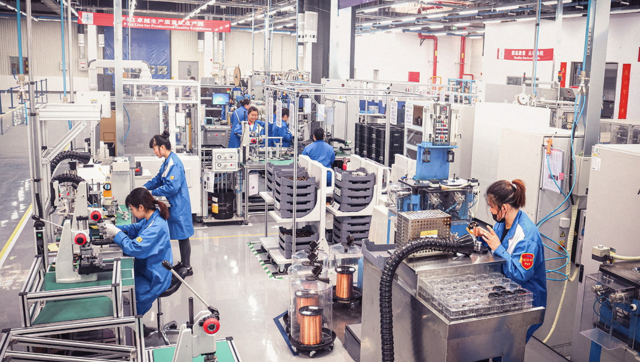The Japanese government said on Thursday that a businessman from its country who had been held in March on suspicion of espionage had been officially arrested by China. Tokyo urged Beijing to free its citizen to avoid the matter becoming yet another sore point in the bilateral relationship. “We have also strongly urged China for an immediate release at various levels and we will continue to do so,” Chief Cabinet Secretary Hirokazu Matsuno said, adding that the man, aged in his 50s, had been formally arrested in mid-October. The foreign ministry has not confirmed that the guy being detained is a worker of the pharmaceutical business Astellas Pharma (4503.T), but the news agency Kyodo claimed that he is. An Astellas spokeswoman claimed that the company was still obtaining information from the ministry. In China’s legal system, a suspect’s formal arrest causes prosecutors to conduct a more thorough investigation before filing charges. According to Japanese media, the person detained has been employed in China for 20 years and was formerly a top official of the Japanese Chamber of Commerce and Industry in China. The government of China recently carried out tougher anti-espionage legislation, which some nations fear may be used to punish routine business activities. The arrest may cause concern among foreign companies doing business in China. A representative for China’s foreign ministry responded to questions over the arrest by saying that such instances are handled legally and that people’s rights and interests are safeguarded. Beijing introduced a new anti-espionage law in July in an effort to severely limit foreigners as part of President Xi Jinping’s heightened focus on national security. The arrest would further sour Japan’s relations with China, which is also its closest economic partner and a major import and export market for Japan. China is also a rival of Japan. China recently retaliated against Japan after treated radioactive water from the Fukushima nuclear facility was released into the ocean. Japanese companies have spent years building extensive supply chains and manufacturing facilities in the world’s second-largest economy, which is also a key market for Japanese manufacturers, including automakers. Imports from China totalled $198 billion last year, while exports to China were $145 billion, according to IMF trade data. (With agency inputs)
Japan urges release after China books Astellas employee suspected of spying
Ajeyo Basu
• October 19, 2023, 15:48:26 IST
The government of China recently carried out tougher anti-espionage legislation, which some nations fear may be used to punish routine business activities. The arrest may cause concern among foreign companies doing business in China
Advertisement
)
End of Article